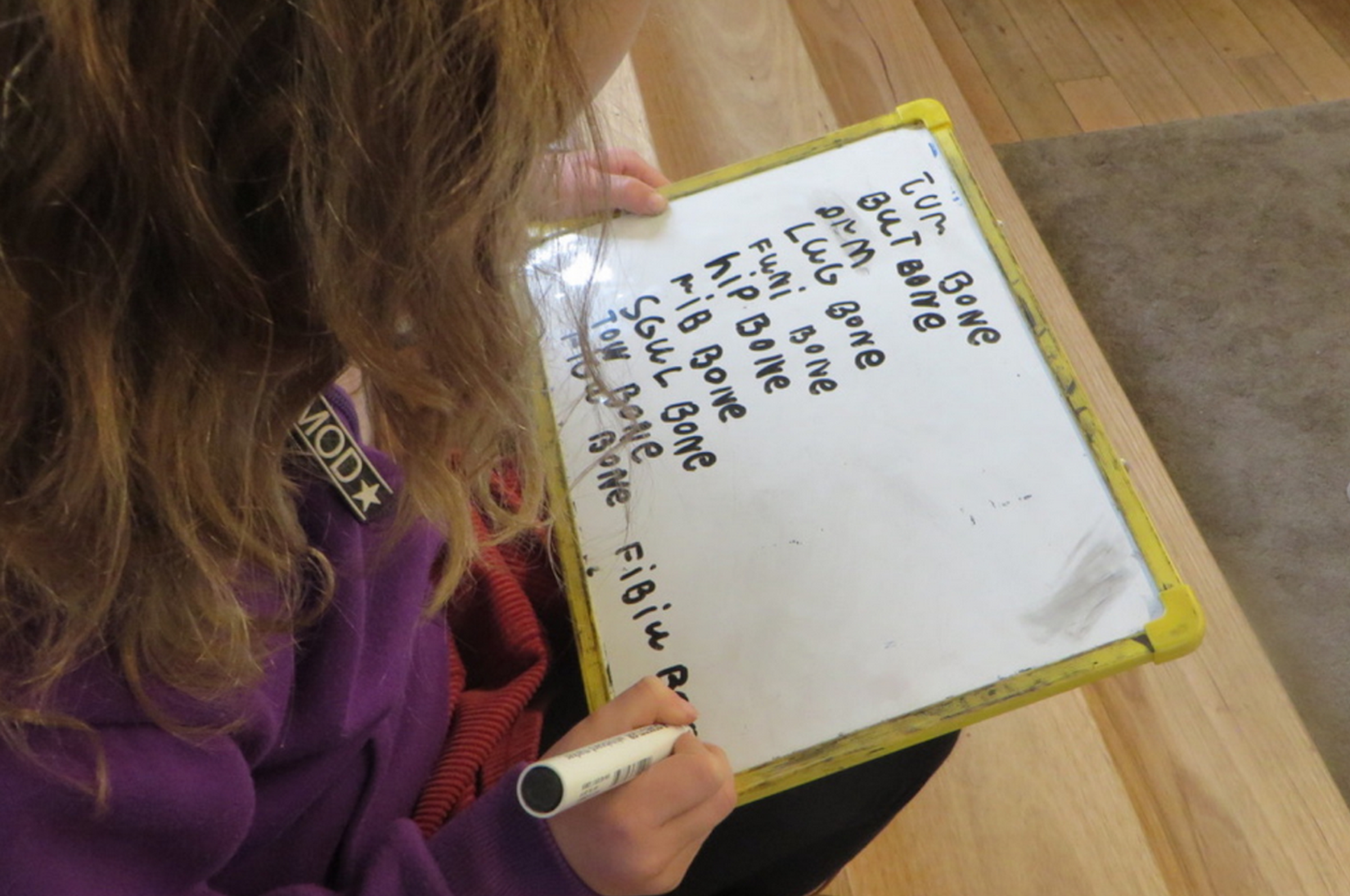From the Principal

From the Principal
Even at a school such as Preshil, which has a clearly articulated philosophy of valuing each child for who they are, avoiding comparisons in the interest of cultivating this individuality, and which avoids the deliberate conformity of school uniforms and children sitting in neat rows in classrooms, we find it is in the very nature of schools to lessen our awareness of just how different every child is from their classmates.
All humans tend to be influenced by what is perceived to be ‘normal’ in any context, and children, gathered together in classes, are very quick to read the social signals that shape the group dynamic.
So it has been a salutary lesson, learned afresh during this period of lockdown and isolation, to have the individuality and difference of each child emerge so strongly from this second round of home learning. With different materials and resources, different family values and circumstances, different interests and capacities, our classroom teachers have had a wonderful opportunity to appreciate every child’s unique journey, struggles and progress. So many of them have commented on the new insights and appreciation they have been able to gather as children approach their units of inquiry in such diverse ways.
The consequence of this has been the exceptional opportunity home learning has offered parents to be engaged in their child’s learning. We have loved hearing from parents who have had the chance to develop a first hand appreciation of the way learning takes place at Arlington. They have been able to share the excitement, to appreciate the effort and to celebrate the achievements as their child masters a skill or comes to understand some difficult concept.
As a teaching staff we are engaged in ongoing reflection and evaluation of what we can learn and keep, or gladly discard, from our experience of online learning, as we contemplate a future return to classrooms and face to face teaching.
One small but invaluable strategy that has become a feature of online learning has been encouraging children to take hand-written notes as they go about their inquiries; to jot down things they observe, follow-up questions, interesting ideas and points to remember. Developing this habit both in and away from the classroom is an invaluable skill which only becomes more beneficial as children progress to senior studies. While so much emphasis is now on keyboard skills, an academic study reported in The Conversation points out:
By contrast, taking notes by hand involves cognitive engagement in summarizing, paraphrasing, organising, concept and vocabulary mapping — in short, manipulating and transforming information that leads to deeper understanding.
Another article, also appearing in The Conversation, refers to some areas of teaching we have been very pleased to reject. This research was carried out by Lucinda McKnight from Deakin University. It examines the skills promoted and rewarded through the prevalent practice of ‘teaching to the test’ in preparation for the NAPLAN writing assessment. McKnight concluded that the formulaic approach to teaching the style of writing that NAPLAN demanded could actually ‘harm students’ capacity to express themselves’.
While there has been considerable opposition to this form of misguided assessment expressed by educators across the board, it is still much prized by politicians in many parts of the world.
This isn’t only a problem in Australia. In March 2019, analysis from the UK highlighted how crude rules, such as “use lots of adjectives” have led to students producing poor writing. Using more adjectives can score highly on a test, because the adjectives can be counted. However, the writing may be cluttered, vague, overwritten and unwieldy.
The article goes on to explain:
NAPLAN testing has led to students being disadvantaged in their understanding of what a story can be — only one narrow form of narrative is valued. Interesting and original creative writing is being marked down.
How sad to think that the very essence of what defines great literature and any other art form is actively discouraged in our education system; that compliance and conformity is demanded, and empty decoration and ‘big words’ are preferred over clarity and simplicity and clichéd ‘journalese’ is prized and rewarded.
At home, many parents want their kids to tick the NAPLAN boxes. The School Zone NAPLAN home drilling series, widely sold in newsagents, requires students to write narratives structured by the words “first”, “second”, “next”, “then”, “eventually” and “finally”. Imagine if all short stories were organised in this predictable way.
While we leave Shakespeare and George Orwell to turn in their graves, it is good to remember how lucky we are at Preshil to be able to hold on to traditions that continue to prize originality, to celebrate genuine creativity and to nurture each different perspective and faltering attempt of every child to find their own voice.


Marilyn Smith
Principal